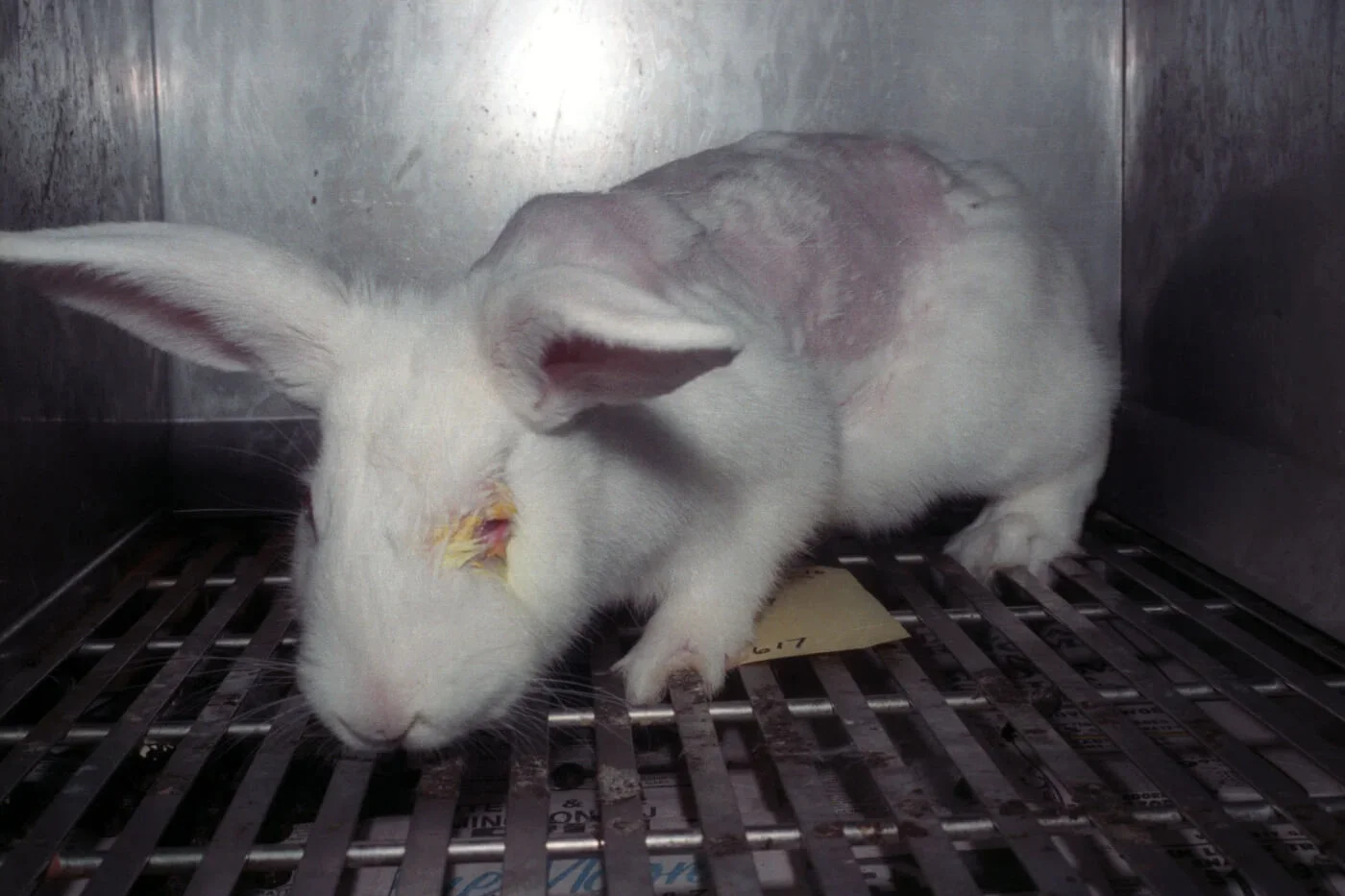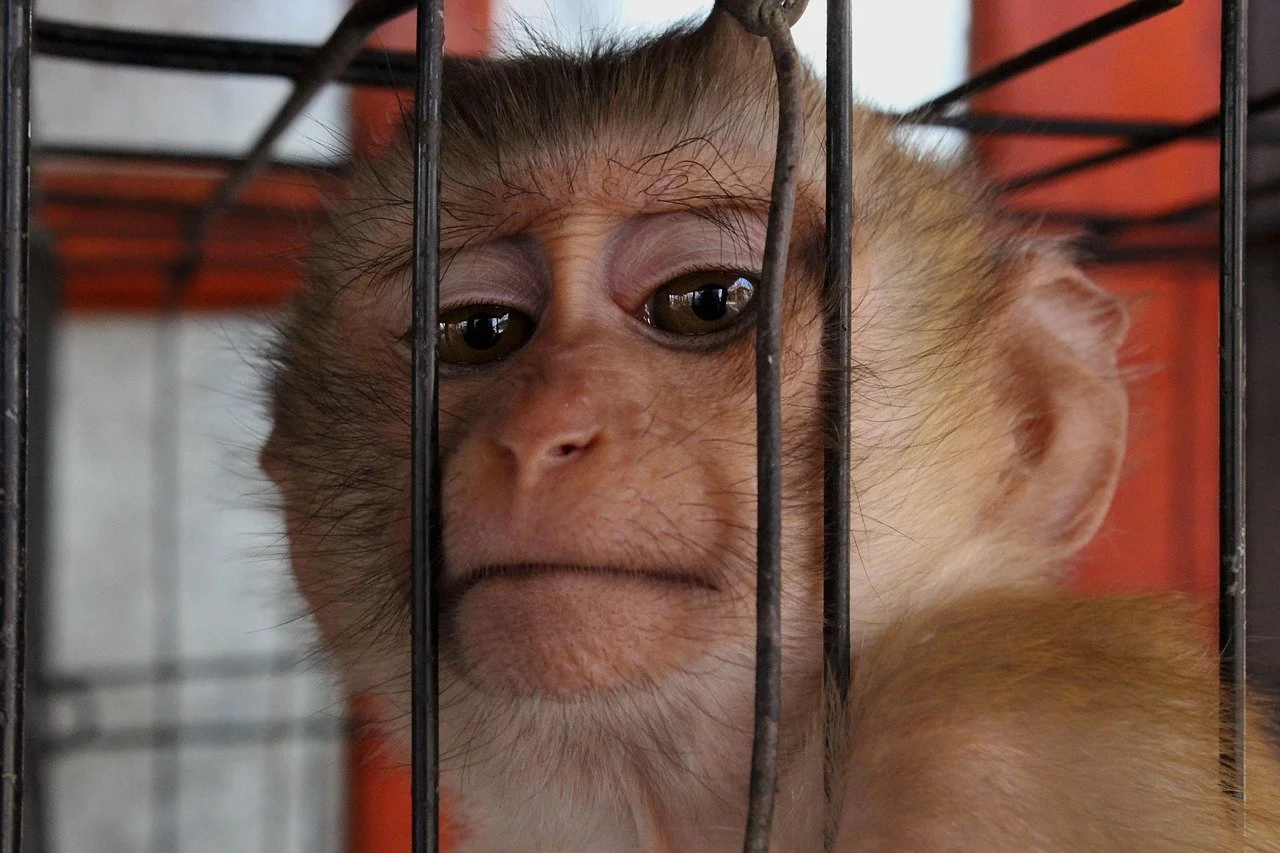US County Set to Decide Whether to Ban Factory Farms in Historic Vote
Over 35,000 citizens of Sonoma County have pledged support for the ban, which is now headed for the ballot and could set a landmark precedent in the fight against factory farms.
File image of a chicken farm. Credit: Andrew Skowron/We Animals Media
A landmark vote to ban factory farming is set to take place in Sonoma County, Northern California.
The issue has gathered momentum in recent months with a local initiative garnering significant support for a ban on factory farms.
Also known as Concentrated Animal Feeding Operations (CAFOs), factory farms have drawn fierce criticism for reasons including low animal welfare standards, negative environmental impacts, and monopolizing the farming industry.
Typically, a single factory farm can raise thousands of animals, who are kept in cramped spaces where they have little-to-no access to the outside, and often cannot perform many natural behaviors. The waste and slurry from such operations can also cause problems for the local environment.
But now, the Coalition to End Factory Farming has successfully gathered enough support for the debate to qualify for a public ballot.
The group handed in petitions last month with 37,183 signatures to the office of Deva Proto, Sonoma County’s clerk and register of voters, reports local news.
An example of a factory farm in the US, which holds up to 115,000 cattle. Arizona, 2023. Credit: Ram Daya/We Animals Media
“Sonoma County is a beautiful place with strong values around protecting animals and the environment. Unfortunately, dozens of factory farms are operating counter to the public’s values,” Cassie King, communications lead at Direct Action Everywhere, who are among several animal, environment, and social justice groups supporting the coalition, told Plant Based News. “Now, ordinary people are uniting and utilizing a form of direct democracy to end factory farming in Sonoma County.”
Backlash to the Proposed Ban
The proposal has already angered some larger-scale farmers in the area, who have labeled the initiative an “existential threat”.
However, supporters of the coalition point out that it aims to restrict only the few farms in the area that qualify as factory farms.
The overwhelming majority of Sonoma County’s approximately 1,000 animal farms are small-scale farms that are not classified as CAFOs, the proposal says. However, there are approximately two dozen CAFOS spread across the county.
For example, Sonoma County’s egg industry is dominated by just two large producers, Sunrise Farms and Petaluma Farms. Many of the facilities associated with these two companies are factory farms, the coalition says, with one Sunrise location alone holding up to 400,000 hens at a time.
It is these factory farms, described as having “an outsized negative impact on animals, public health, and the environment”, that are the target of the ballot.
These industrial mega farms are also regarded as harmful to local and small-scale farmers, who often struggle to compete with huge farming facilities operated by multinational conglomerates worth millions of dollars.
“Since the 1950s, industrial poultry (operations) have been able to outcompete local family farms by using cheap transport and supply chains, minimal amounts of poorly paid labor, and by externalizing environmental costs,” said local farmer Roy Smith in a news release issued by the Coalition to End Factory Farming. “Cheap food has come at the cost of our local economy and rural landscape. The first step in rebuilding our food system, and making family farms viable again, is to level the playing field.”
Credit: Andrew Skowron/We Animals Media
The vote to ban factory farms in Sonoma County is expected to take place later in the year, and is said to be the first of its kind in the US. If successful, the ban could set a huge precedent for other counties to follow suit with ballot votes of their own.
The Fight Against Factory Farms
The debate against industrial factory farming is gaining momentum not just in Sonoma County but across the country, with broad support backing up for more to be done to tackle America’s factory farming crisis.
Hundreds of farm, food, and environmental advocacy groups are calling for Congress to pass the Farm System Reform Act.
The Act, which has received support from Senators including Elizabeth Warren and Cory Booker, would ban new large-scale factory farms, whilst phasing out existing ones by 2040.
The bill would also introduce more regulations for factory farms, such as holding their corporations responsible for any environmental damage they cause, and prohibiting the Department of Agriculture from labeling imported meat as a “Product of USA”.
“What’s motivating me is that I think we need to really sound the alarm in America”, Booker previously said about the act. “Everybody is losing in this system - except for the massive corporations that have taken over the American food system”.
We Have A Favor To Ask…
Species Unite amplifies well-researched solutions to some of the most abusive animal industries operating today.
At this crucial moment, with worldwide momentum for change building, it’s vital we share these animal-free solutions with the world - and we need your help.
We’re a nonprofit, and so to keep sharing these solutions, we’re relying on you - with your support, we can continue our essential work in growing a powerful community of animal advocates this year.






